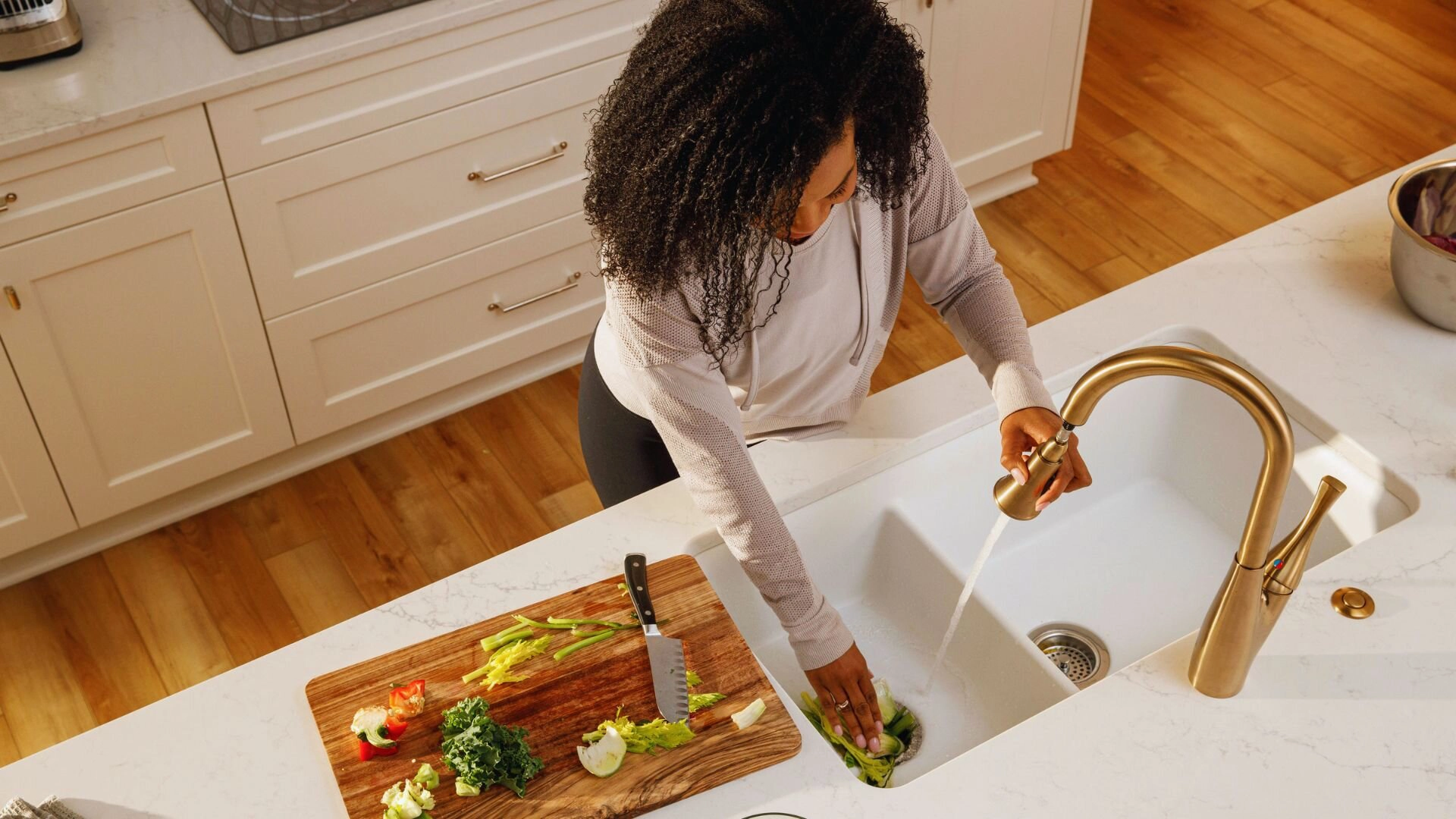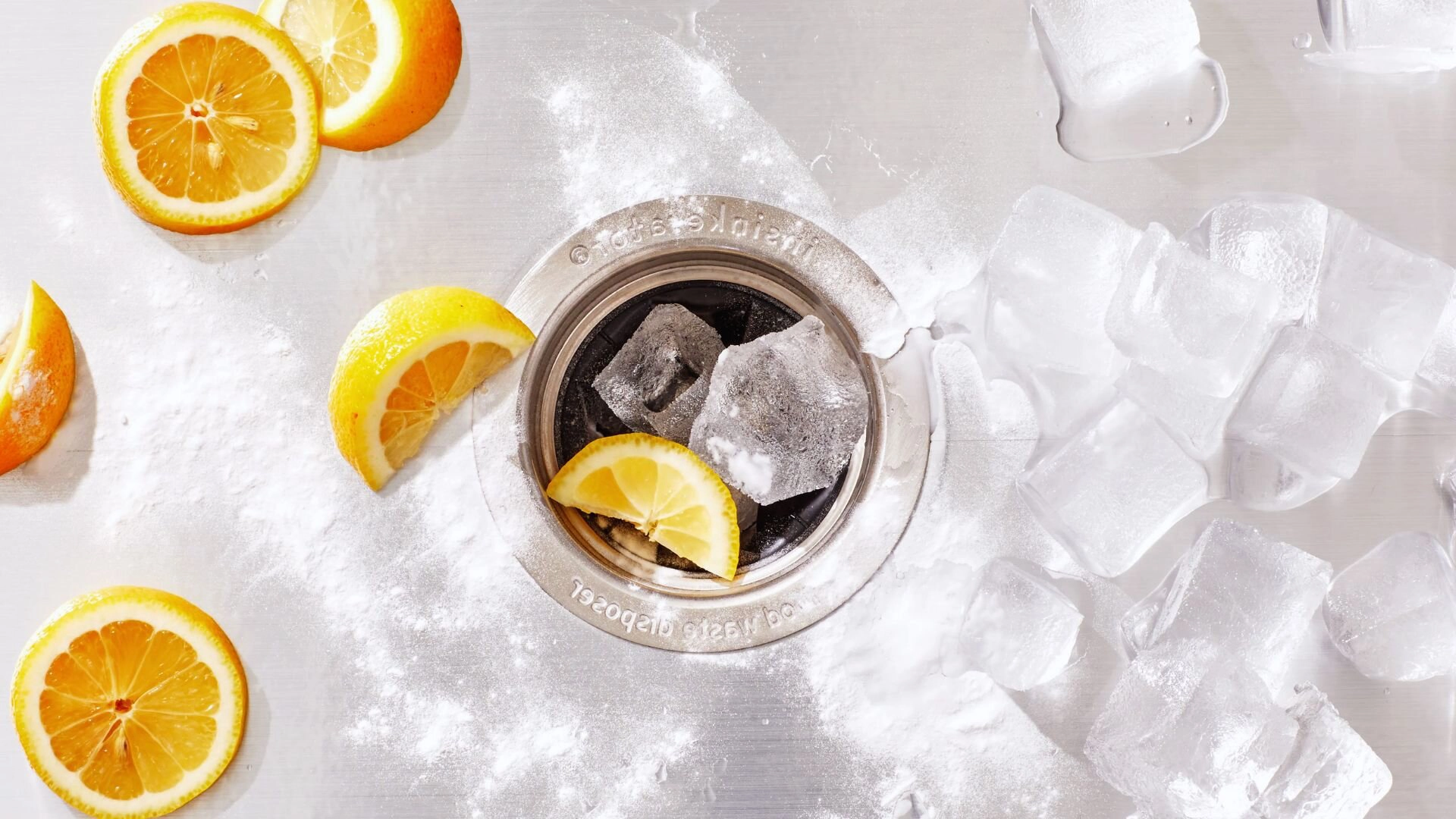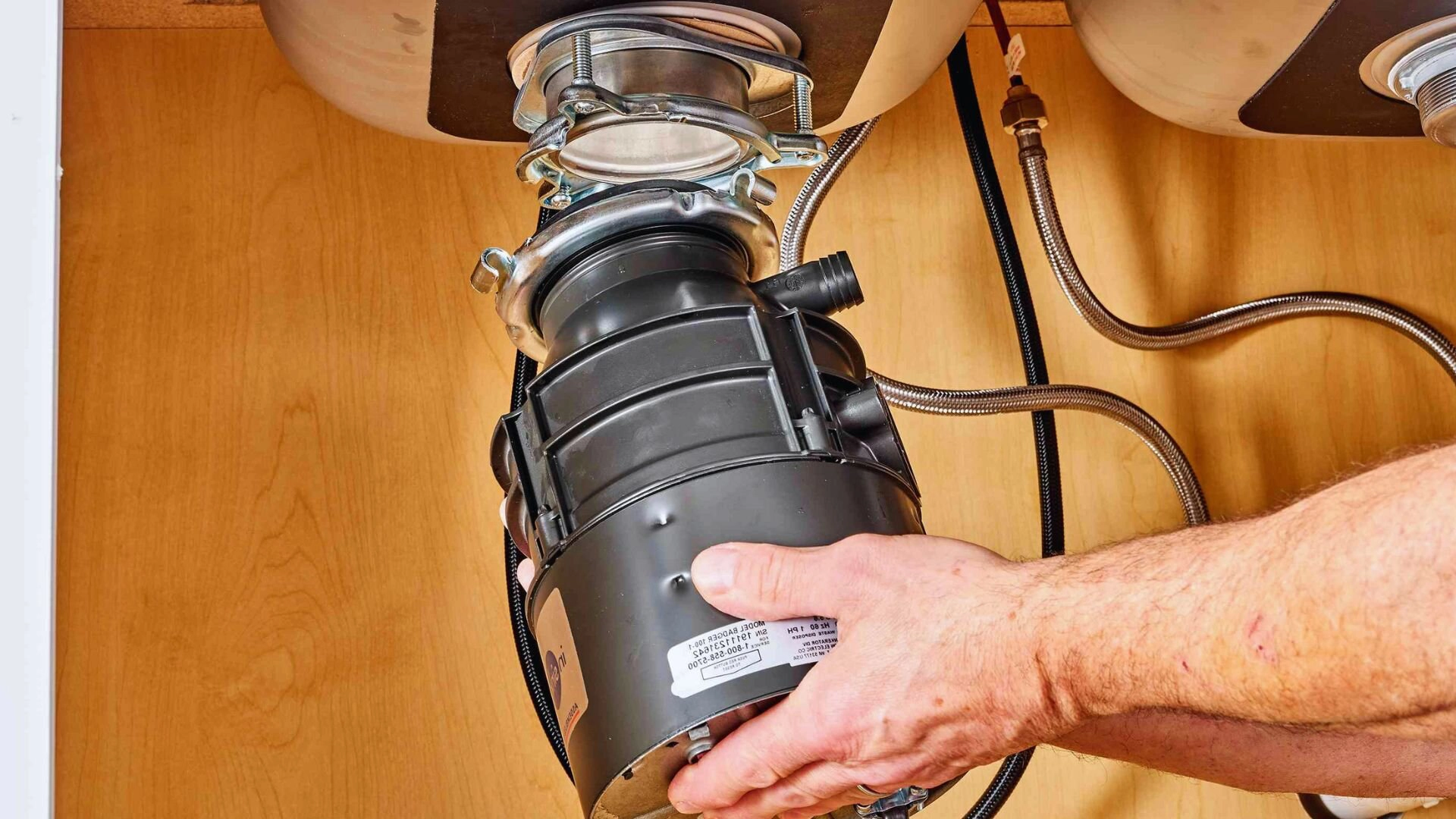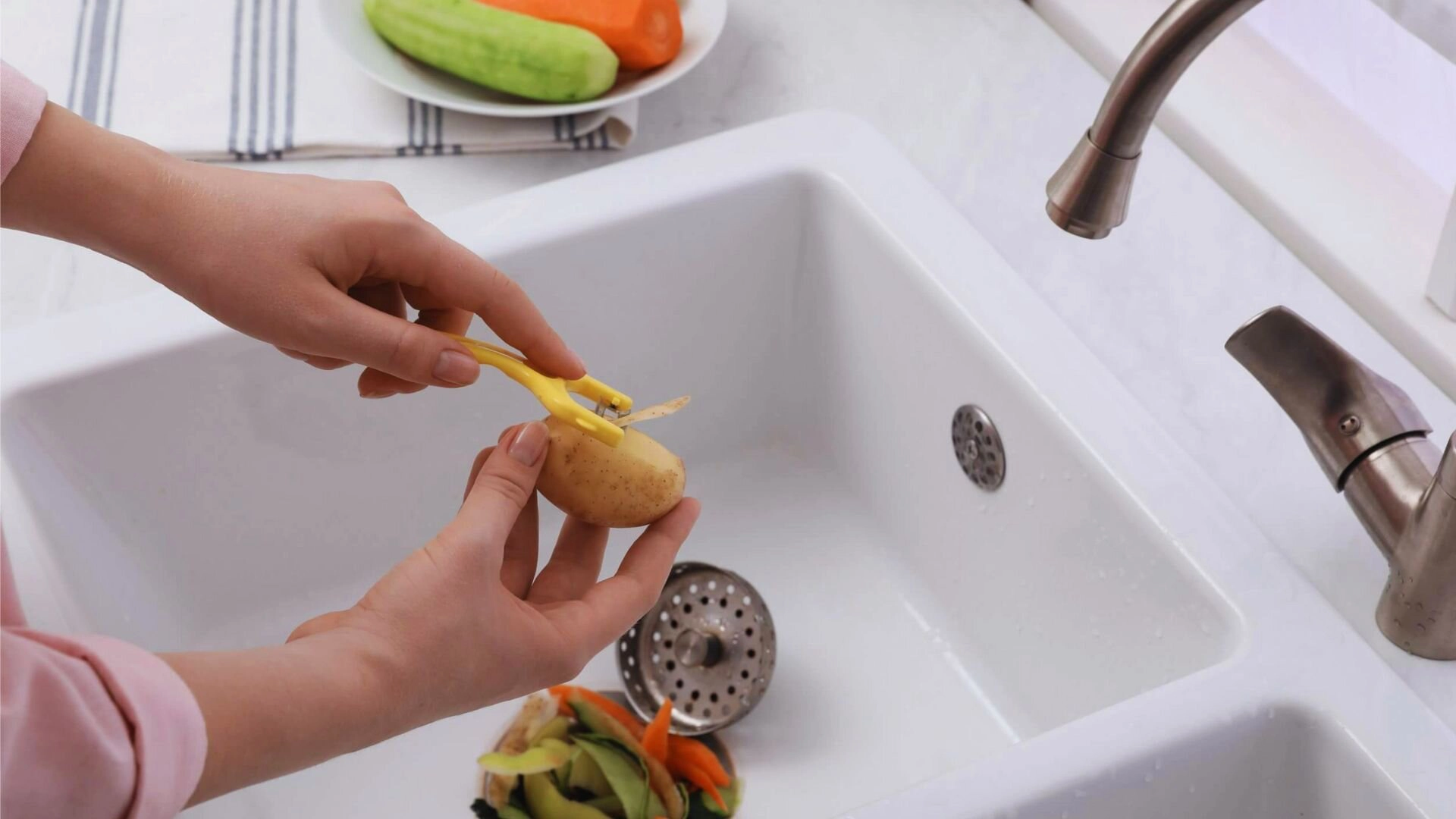How To Unclog A Garbage Disposal And Prevent Future Clogs?
Clogged garbage disposals can be a major hassle in the kitchen. This blog will share five frequently asked questions about unclogging a garbage disposal and preventing future clogs from keeping your kitchen running smoothly.
A homeowner’s best friend is often their garbage disposal drain, a convenient unit for waste management.
Not only does it help to dispose of your garbage conveniently, but it also keeps your home clean and hygienic at all times. However, it is a machine, after all, and like any other machine, it can encounter issues from time to time.
In that context, garbage disposal blockage is one of the most annoying problems. When it occurs, you’ll have to deal with overflowing trash, which can be disgusting and unsanitary.
So, unclogging the appliance as quickly as possible is in your best interests. This guide discusses the different methods you can use to unclog your garbage disposal without much hassle.
So, without further ado, let’s jump right into it!
What Causes Garbage Disposal Clogs?
There can be several reasons behind clogged garbage disposal, as discussed below.

1. Excessive Waste Disposal
Contrary to what you might have heard before, a garbage disposal unit is not designed to handle large volumes of waste in a very short time. If you do that, the pipes and inlets will become blocked. Once this happens, the kitchen sink drain hums as waste materials accumulate .
2. Dumping Incorrect Waste
Most garbage disposal units are designed to handle food waste typically generated while cooking. Tipping non-food waste materials or coffee grounds into the garbage disposal can lead to congested pipes . What’s more, if the objects are large enough, they may even damage the unit, which will cause even more trouble.
Besides, there are limitations on what type of food materials you can dump. For example, throwing hard food materials like bones, seeds, or corn cobs will clog the pipeline. Likewise, throwing stringy food items, such as noodles, pasta, or fibrous vegetable waste, may entangle the blades and clog the machine.
3. Lack Of Proper Maintenance
Like many garbage disposals , it requires appropriate care and maintenance. That is part of the standard usage guidelines for the machine. So, if you cannot maintain it, the garbage disposal will naturally become blocked.
Food wastes often contain large amounts of oil and grease . Similarly, the water you drain down the garbage disposal may contain soap and dissolved minerals. All these materials can get deposited on the inner walls of the machine. Without regular maintenance, these residues pile up in the drain pipe and blades, leading to blockages.

4. Improper Usage
Use the garbage disposal correctly if you want it to work as intended. If it fails, it might encounter several issues, including blockage.
Pouring hot water into the unit can cause fats and grease to scatter and collect, leading to standing water. These will eventually harden and block the flow of water and waste materials.
Also, if you don’t allow the grinding process to complete before turning the unit off, the food particles will accumulate until the machine is blocked.
How To Unclog A Garbage Disposal?
Fortunately, there are several methods for unclogging your garbage disposal machine. We have discussed these strategies in this section for your convenience.
Before proceeding with these solutions, we suggest you perform a thorough manual machine checkup . This will allow you to determine the exact cause of the blockage and help you choose the best possible strategy to deal with the problem.
Once done, you can clear the blockage using the methods discussed below.

1. Pliers Or Tongs
This is the simplest solution for unclogging your garbage disposal. If large and loose food particles cause the blockage, you can pull them out using a pair of tongs or pliers. Make sure you switch it off completely before attempting this.
2. Plunger
If the waste materials have become firmly lodged inside the garbage disposal, you won’t be able to pull them out using the method mentioned above. Instead, you will have to use a plunger to dislodge the clog .
Position the plunger to cover the drain trap effectively. Then, fill the sink with water to create a watertight seal around the plunger. After that, vigorously move the plunger up and down for a few minutes. That will loosen up the blockage, which can be washed away by flushing with water.
3. Vinegar And Baking Soda
A clog caused by oil, grease, or mineral deposits will require a natural cleaner, such as a mixture of vinegar and baking soda, to be removed. First, pour the baking soda into the garbage disposal. Next, pour an equal amount of vinegar into the unit.
This will create a fizzing reaction inside the garbage disposal, which will help to dissolve the grease or mineral deposits. Let the reaction complete by allowing the mixture to stand for a few minutes. Then, flush your unit with water to clear away any loose debris.
Preventing Future Clogs

Below, you will find different steps and precautions that you can take to prevent any future clogs in your garbage disposal .
- Go through the user manual of the garbage disposal machine carefully
- Feed garbage into the machine at a slow rate
- Use a drain strainer to control the flow and filter unwanted food materials.
- Chop or mash up the food waste before throwing it into the machine
- Be selective about the food waste that you dump into the garbage disposal
- Flush the garbage disposal with cold water periodically
- Lubricate the blades from time to time
Efficient Tips for Unclogging and Maintaining Your Garbage Disposal
With that, we have arrived at the end of this guide. Now that you know how to clear out a blocked garbage disposal , it is time for you to get to work.
Of course, we understand if you feel unsure about doing it alone. After all, it wouldn’t be wise to tinker with the garbage disposal machine if you don’t have sufficient DIY experience.
But that doesn’t mean all hope is lost, though. Service First Plumbing has a team of skilled plumbers who can quickly eliminate garbage disposal blockage issues! So, if you feel that the problem is too complicated to handle, call us to resolve it conveniently.